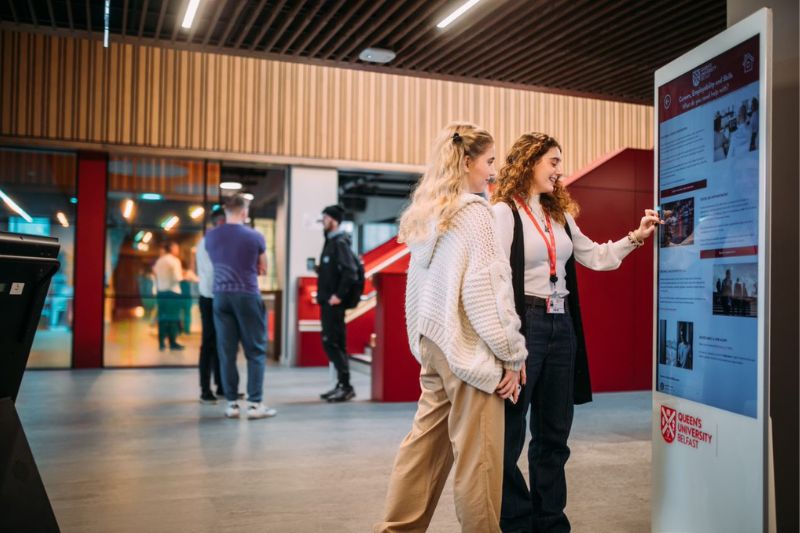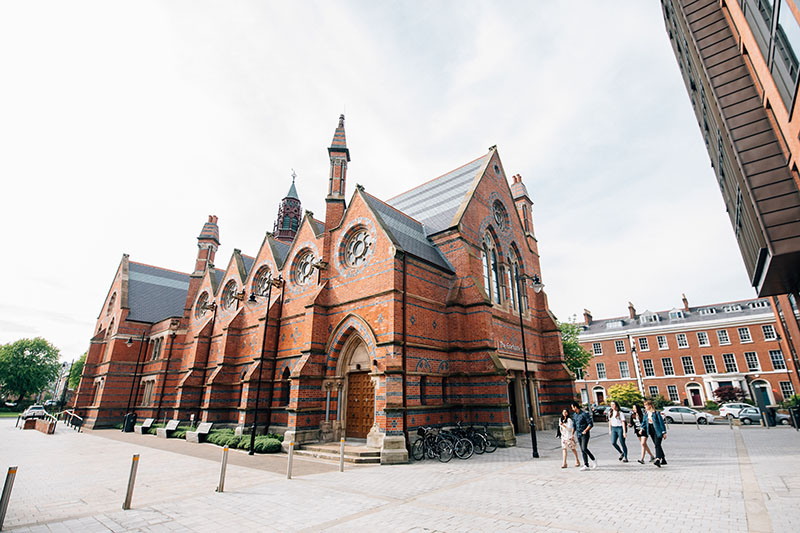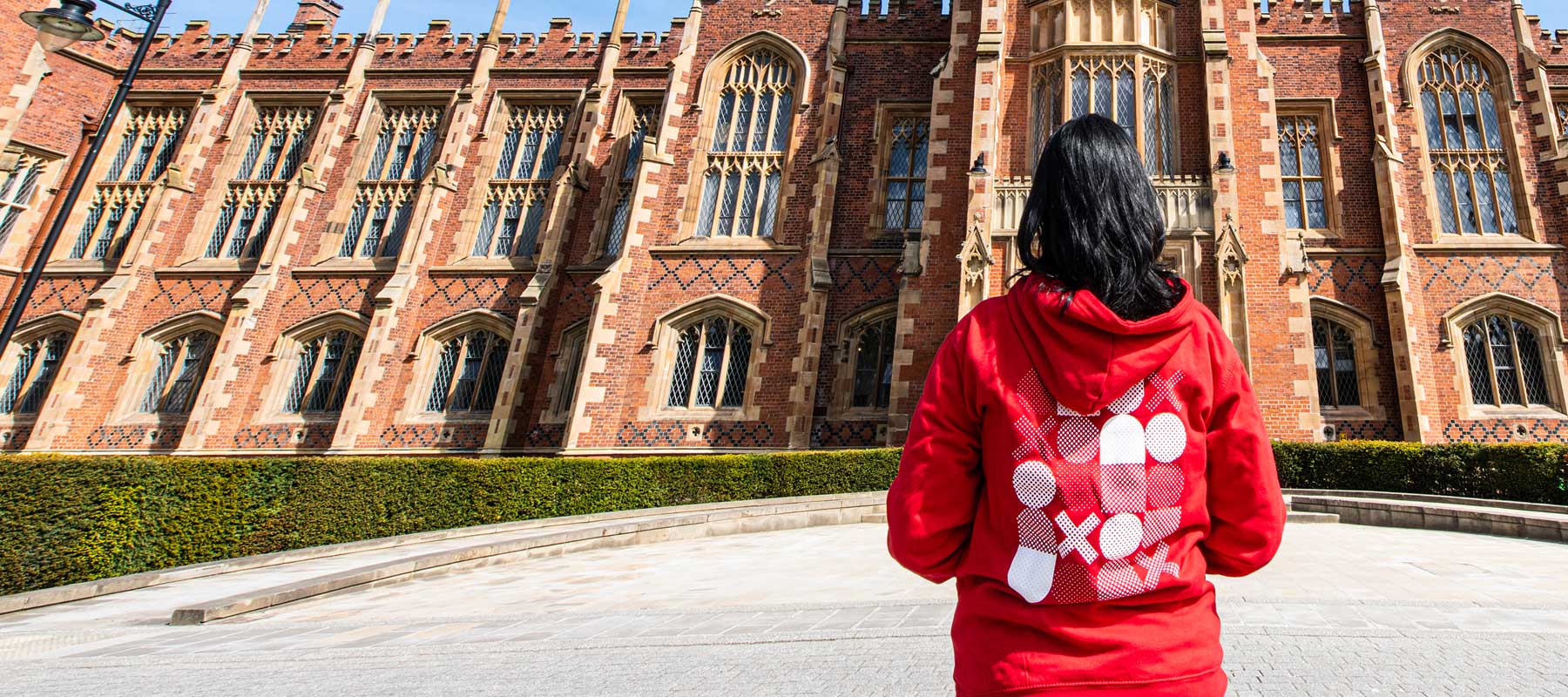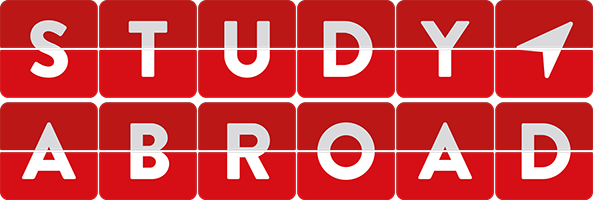A World Class Study Abroad Experience
At Queen's, we are proud to be a University that is internationally recognised and globally connected. A semester or year of study with us can be truly life changing. Queen’s has a reputation for world-class teaching and, as part of the UK's prestigious Russell Group, the education you will receive here is fully informed by researchers having a huge impact across the globe.
Over two hundred students come to Queen's each year to study abroad for a semester or an academic year and to experience a world-class education in a thriving city. Small enough to feel like home, big enough for adventure, Belfast is a modern capital city known for its friendly welcome offering a truly unique study abroad experience.

As a student in Belfast, you will likely want to make the most of your time here and see the sights around the city and beyond. We have everything from World Heritage sites, real-world Game of Thrones locations you can visit, scenery that inspired Narnia and more.
Explore Northern Ireland
When you first arrive at Queen's, you will be invited to join our Orientation Programme, which runs at the start of each semester.
Orientation will help you get familiar with your new environment, provide essential information on registration processes and provide advice on adjusting to academic life at Queen's. There'll also be some fun activities, to get to know your classmates and experience some of Northern Ireland's famous hospitality!
Orientation and Arrival
The Student Services in One Elmwood provides advice and support on careers, student wellbeing, learning skills, widening participation, finance, disability and visa/immigration.
Whatever your query, there is an expert team in One Elmwood ready to support you every step of the way, online and in person, personalising your experience
Student Support Services
Begin your own journey with our 360 degree tours of our beautiful campus and Belfast City Centre.
Take a Tour



